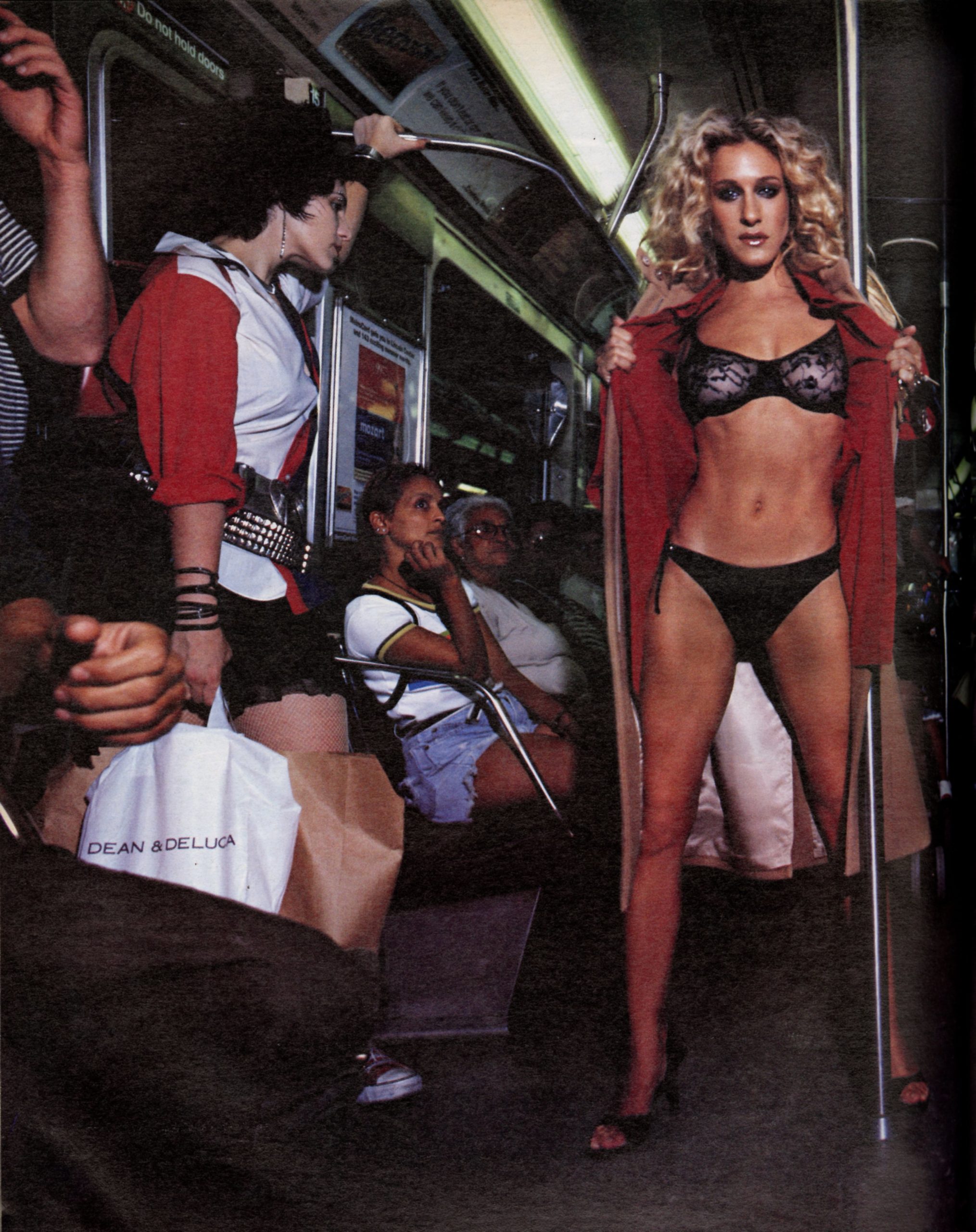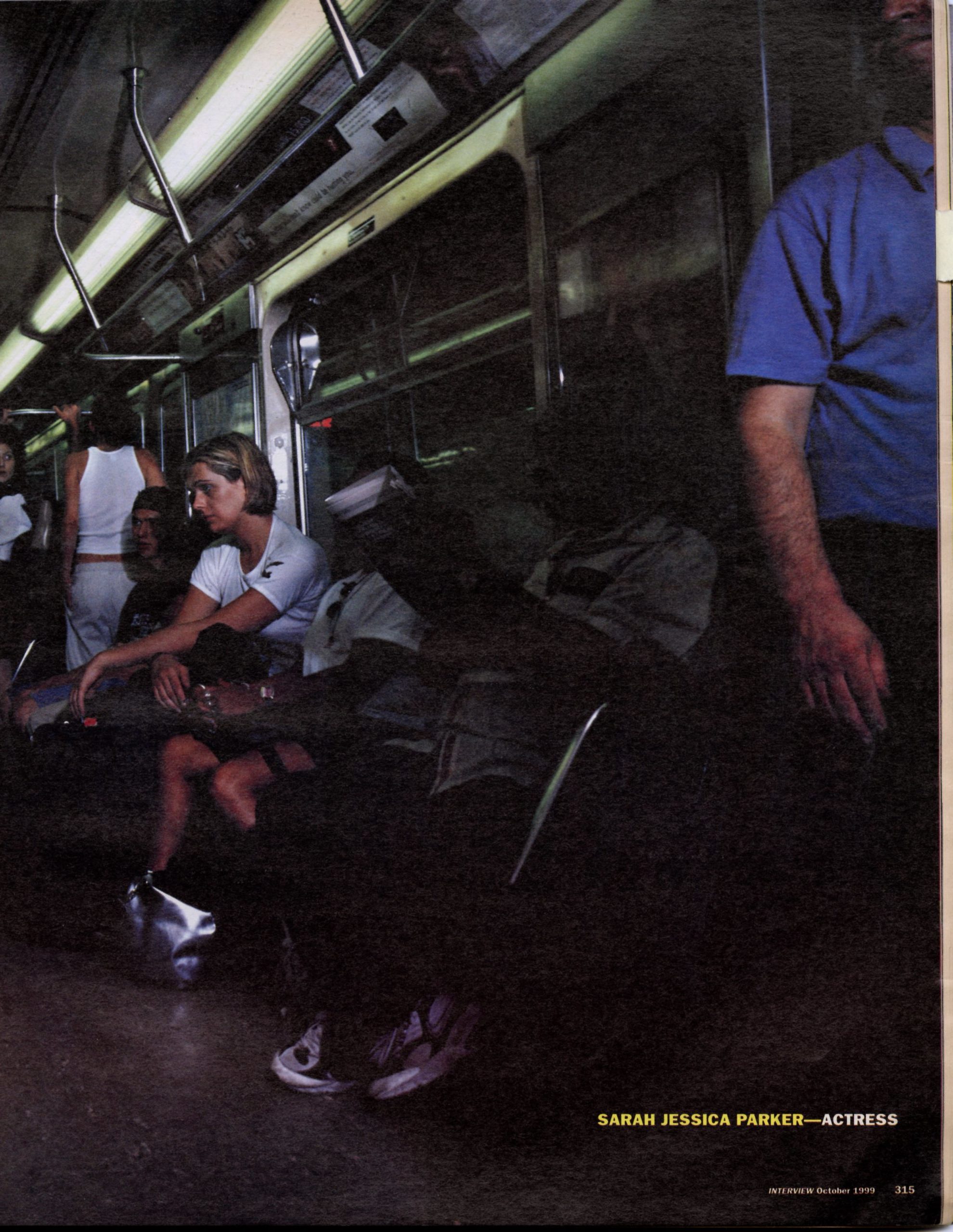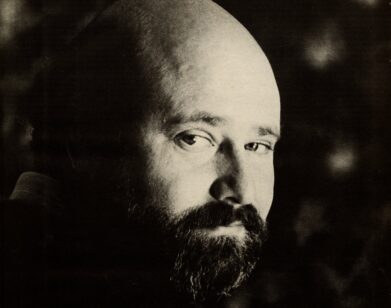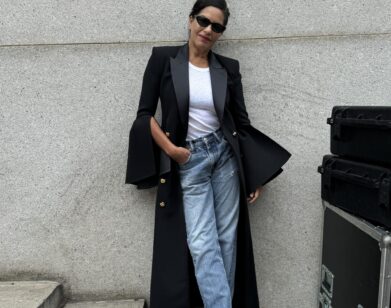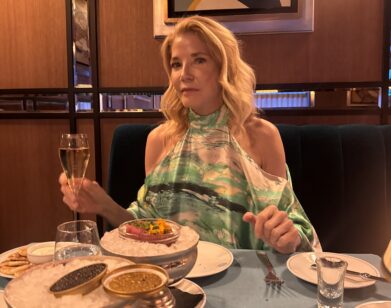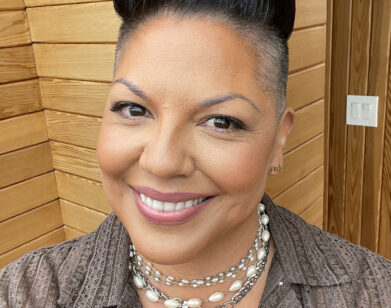life lessons
Life Lessons from Sarah Jessica Parker
———
“I was really hesitant to do Sex and the City. I was terrified of it, and not in a good way, not in the same way I’m terrified of working in the theater. I was very nervous about doing a television series. It sounded depressing to me.”
———
“[With TV, I thought] you’d just never get better, you’d just get comfortable, and that’s it. You can’t quit. You can’t work in the theater. Can’t do a movie when you like. You can’t just be with your friends and go to dinner. And then you’re in people’s homes and your life changes—you can’t go to the market by yourself and pick your own tomatoes. But Matthew [Broderick, her husband] said, ‘I think you should do this, because it’s a really good part, and you’ve never played one like it. The worst-case scenario is it’ll be successful. Maybe it’ll be really collaborative, and you’ll learn something.’ And in fact he was right.”
———
“The show is based on a real woman’s column here in New York: Candace Bushnell, who wrote it for the New York Observer. So the show is about a very specific type of woman in a very specific type of city. And as outrageous as I sometimes think the situations are, I am stunned by how many women and men stop me and tell me that this is their life.”
———
“Even though I don’t relate to the lifestyle, I relate to the emotions of the women on the show, and mostly the friendships among the women.”
———
“[The four women] are living the lives that a lot of men have lived for a long time. They are sexual. They are, some might even say, promiscuous. That’s a real part of certain women’s lives here in the city. They’ve had long dating careers, and they very likely will continue them for a long time. Part of it is very sad. I think there is a desperate sort of wanton quality about it. But it’s also thrilling and exciting, and it’s certainly fun to play, because it’s a lifestyle—drinking and smoking and sleeping around—that was what we saw men doing for so long on television.”
———
“In our show, women are the protagonists, and the men are sort of objectified—they come and go.”
———
“My character, Carrie, is looking for intimacy, but she pretends not to be. She has been involved for a long time with this powerful fellow named Mr. Big [Chris Noth]. It’s a very tortured and complicated and, in the end, quite heartbreaking relationship. She is endlessly disappointed by this fellow, because he throws her a bone and then backs away. He’s really present and clearly smitten, and then aloof and withholding. It’s a sad relationship, and I love, love, love playing it because it’s so freakin’ sad!”

